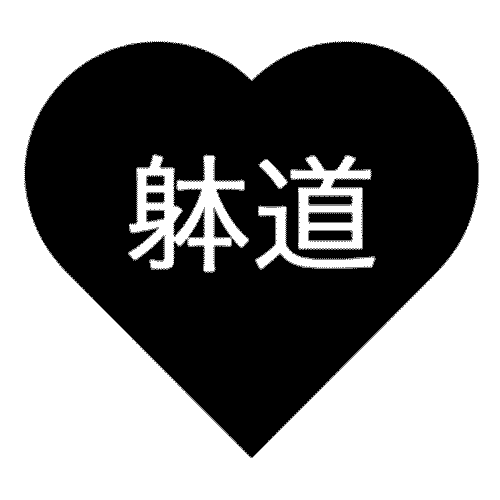When I was a child, I simply believed what I was told. Good Taido was anything I did that earned praise from my sensei.
Later on, I experienced Taido in other countries and discovered that what I thought was good actually wasn't.
For a while after that, I used to think that Taido was defined by what Shukumine Sensei wrote in Taido Gairon, but I'm pretty sure I don't believe that anymore.
Later on, I believed it was defined by what Shukumine taught, which sometimes varied from what he wrote.
Now, my opinion is completely different.
My current feeling is that the thing most of us know as "good Taido" is determined by suboptimal decisions made on the fly by judges under pressure in tournament settings. Often the judges are not well-rested, well-trained, or well-practiced. But whatever they decide, whatever flash of action catches their eye, becomes the standard.
Competitors will do things that get points, and teachers will teach their students the techniques to win. It's human nature. As a judge, you don't want to make a mistake. More importantly, you don't want to look as if you've made a mistake, because people will lose faith in your acumen. So if you do make a mistake, you will tend to hide it or rationalize it. It's just human nature.
Taido is a martial art that was created on some principles.
But it was created by a human. And it's practiced, taught, and judged by humans.
I don't have solution, because it don't see this as a problem, but I think we should all be aware of it.
Maybe you think I'm full of shit, or that my logic is wrong.
Maybe you think that your teacher is above these trends and teaches you the pure, true Taido that transcends the laws of human nature.
I'd love to hear about it. The above is what I think determines the practical definition of Taido, but if you've got a different opinion, let me know.
Sometimes, I'm wrong. it's human nature.
